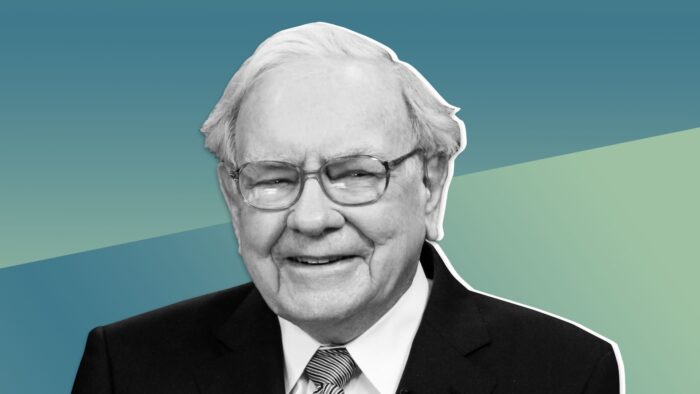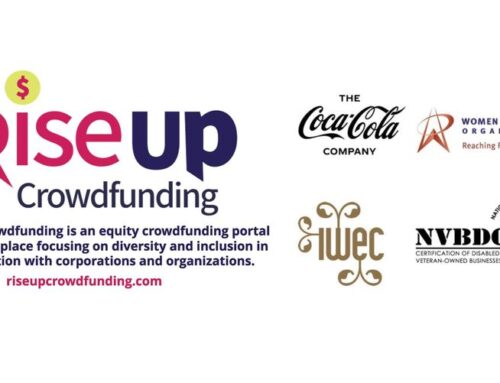One small detail that can make a world of difference.
BY KELLY MAIN, WRITER AND ADVISER@THEKELLYMAIN
For Inc.
Warren Buffett. Photo: Getty Images
We often hear about how leaders should act and what leadership looks like. It’s about uplifting and motivating others, leveraging an individual’s strengths and minimizing their weaknesses. It’s being someone others can look up to and learn from. But to get there, leaders have to first be someone that others can open up to.
The missing key in building trust is that while those in leadership positions try to be the best they can be, many forget that the best leaders are those who aren’t afraid of their shortcomings. In fact, the best leaders are those who are forthcoming with their shortcomings.
Warren Buffett said it best when he said that the key to being a great leader is “the willingness to confess mistakes and invite others to do the same.”
This two-way street is essential when building trust and forging good rapport, according to research published by the National Library of Medicine (PubMed). It’s essential for leaders to be successful within their role. It also helps position organizations for success. And there are a few simple reasons why that can eliminate the mystery surrounding how.
Humans Seek Security Through Reciprocity
In many ways, Buffett’s statement is reminiscent of the quote my mom often sputtered to me and brother when we were kids (and if I’m honest, still does now that we’re well into adulthood), “do unto others as you would have them do unto you.” Perhaps more concise is one of my late dad’s go-to lines, “you get what you give.”


